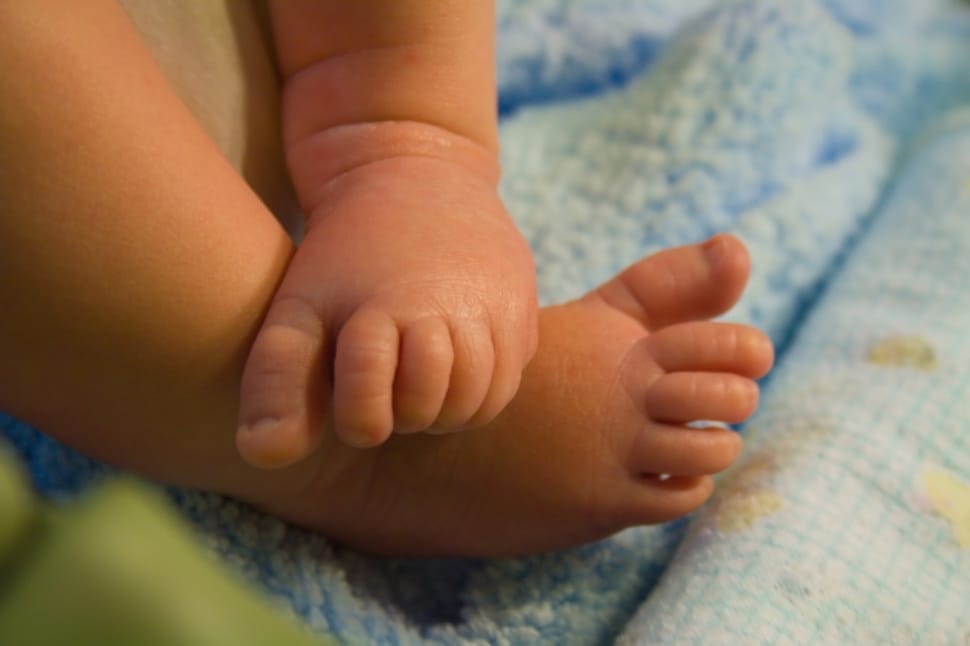COVID-19 produces victims of all ages. Concern grows for pregnant women and unborn children. Facilities around the world continue studying the microbe and reveal their findings thus far. Some studies suggest that infants born to mothers having the virus have a high risk of suffering ill effects.
From January 20 to February 5, nine women gave birth to 10 infants in five different hospitals in China’s Hubei province. Eight of the expectant mothers tested positive for COVID-19 before delivery. One mother tested negative. However, a fever and a CT scan of her chest revealed pneumonia that could not be contributed to any other underlying cause but the virus.
The women suffered a variety of prenatal complications that included intrauterine distress, ruptured members prior to the onset of labor, amniotic fluid abnormalities and placenta previa. Seven of the mothers delivered their babies via cesarean section. The other two women had normal vaginal deliveries.
The mothers were treated with Tamiflu or a combination of the antiviral plus interferon following delivery. After birth, all of the infants were tested for COVID-19 via oral swabs. All of the tests were negative. Four of the babies were full-term and six were premature. All of the infants exhibited unusual symptoms that included fevers, difficulty breathing, elevated heart rates, inability to feed, vomiting, gastric bleeding and bloating from liver malfunction. Seven of the infants exhibited abnormal chest X-rays. Two of the premature babies died nine days after birth.
A team of researchers from Northwestern University in Illinois recently discovered that the virus damages the placenta in expectant mothers. The study involved 16 pregnant women who tested positive for COVID-19. Following delivery, the placenta tissues were evaluated. The team discovered that the blood vessels within the placentas exhibited abnormal development or were otherwise damaged. However, all of the infants tested negative for the virus and were in reported good health.
Researchers from the University of California San Diego expanded the MotherToBaby program to gain a better understand the short- and long-term effects of the virus on expectant mothers and infants. Previously, the program was designed to evaluate medications and environmental factors that might affect pregnant women, newborns and breastfeeding.
The study will involve the examination of medical records and phone calls to women who volunteer for the research. The program also includes monitoring the neurological development of children to determine possible emotional, learning or memory issues.
